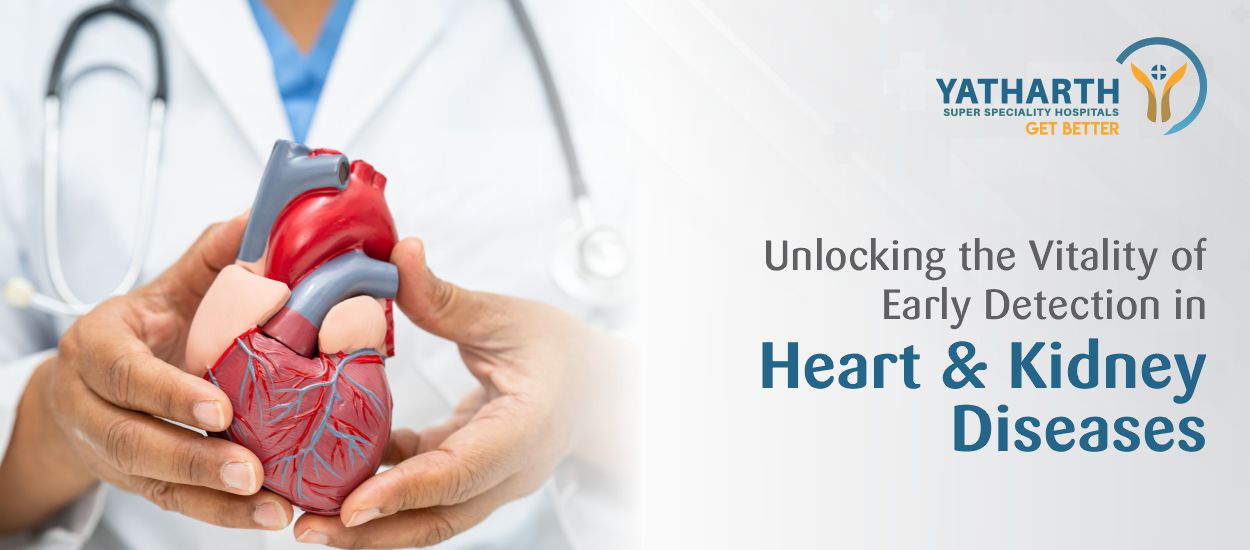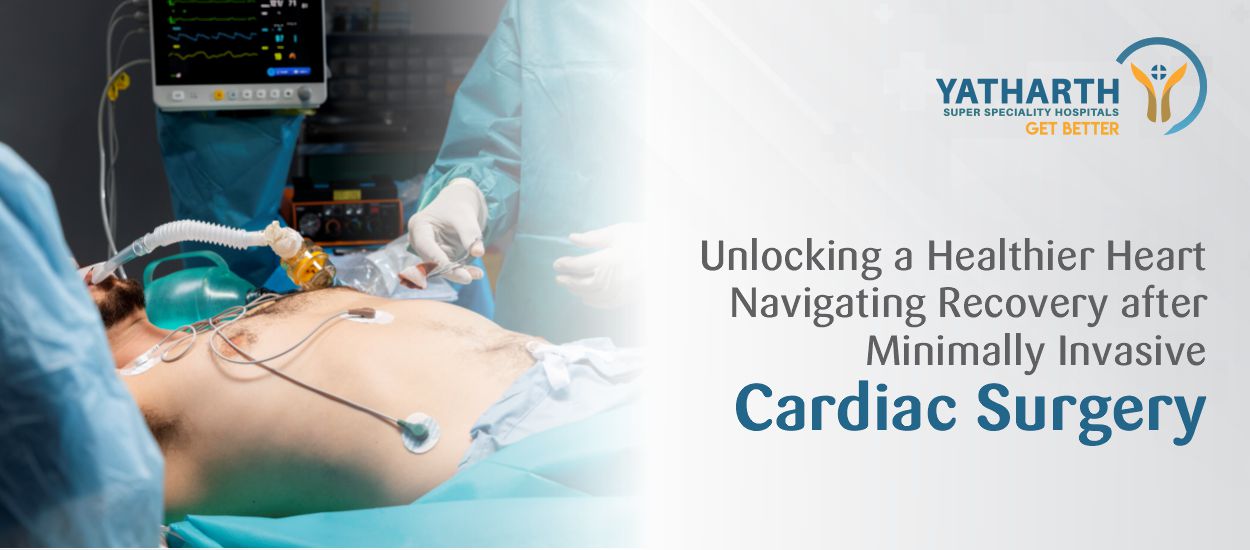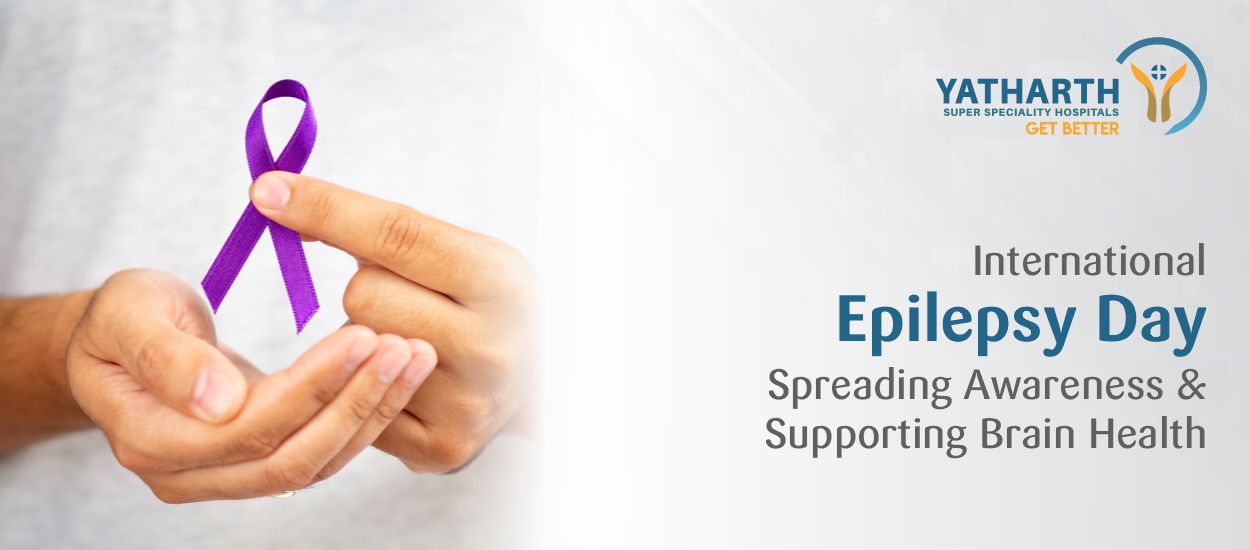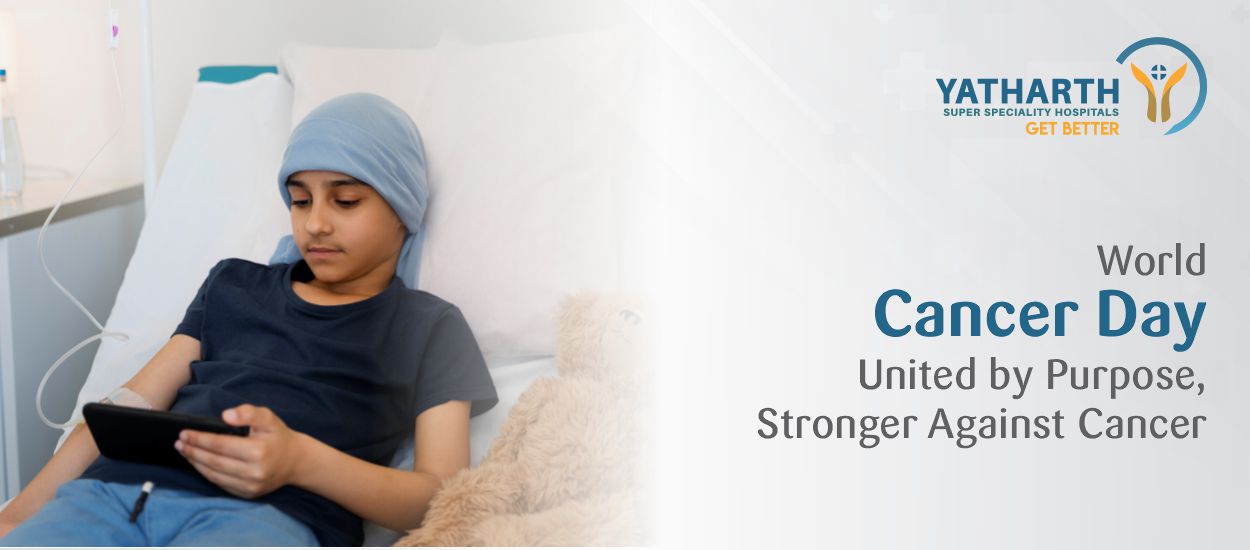Introduction: The Imperative of Timely Detection
Early detection serves as a cornerstone in the realm of healthcare, particularly in the context of heart and kidney diseases. These conditions, if left undiagnosed and untreated, can lead to severe health complications and even life-threatening situations. This blog aims to shed light on the paramount importance of early detection in managing heart and kidney diseases, elucidating why proactive screening measures are crucial for enhancing overall health and well-being.
Understanding Heart and Kidney Diseases: The Silent Threats
Before delving into the significance of early detection, it's essential to grasp the nature of heart and kidney diseases. These ailments often manifest silently, with subtle or no symptoms in their early stages. However, their impact can be profound, affecting vital functions and posing significant risks to cardiovascular and renal health.
Heart Diseases: Silent Strikers
Heart diseases encompass a range of conditions affecting the heart's structure and function. From coronary artery disease to heart rhythm disorders, these ailments can lead to heart attacks, heart failure, and other cardiovascular complications. What makes them particularly challenging is their ability to progress stealthily, causing damage over time without overt warning signs.
Kidney Diseases: Quiet Culprits
Similarly, kidney diseases can silently impair kidney function, leading to chronic kidney disease (CKD), kidney failure, or other renal disorders. Factors such as high blood pressure, diabetes, and certain medications contribute to kidney damage, often without immediate symptoms. This silent progression underscores the critical need for early detection and intervention.
The Power of Early Detection: Key Benefits Unveiled
-
Preventing Progression: Early detection allows healthcare providers to intervene promptly, potentially halting or slowing the progression of heart and kidney diseases. Timely interventions can prevent complications and preserve organ function.
-
Optimising Treatment: When detected early, heart and kidney diseases are more responsive to treatment. Patients can benefit from a range of therapeutic options, including medications, lifestyle modifications, and, in severe cases, surgical interventions.
-
Improving Prognosis: Early diagnosis significantly improves the prognosis for individuals with heart and kidney diseases. It enhances the chances of successful treatment outcomes, reduces hospitalisations, and enhances overall quality of life.
-
Empowering Patients: Early detection empowers patients with knowledge about their health status. It enables them to make informed decisions, adopt healthier lifestyles, and actively participate in their treatment plans, leading to better long-term outcomes.
Tools of Early Detection: Screening and Diagnostic Modalities
Numerous screening and diagnostic tests play pivotal roles in early detection:
-
Blood Tests: Blood tests measure various markers, such as cholesterol levels, kidney function indicators (e.g., creatinine, BUN), and cardiac biomarkers (e.g., troponin), providing insights into heart and kidney health.
-
Imaging Studies: Imaging techniques like echocardiography, cardiac MRI, and renal ultrasound help visualise structural abnormalities, assess organ function, and detect early signs of heart and kidney diseases.
-
Electrocardiogram (ECG/EKG): ECG/EKG records electrical activity in the heart, identifying irregularities that may indicate cardiac conditions like arrhythmias or ischemic changes.
-
Urinalysis: Urinalysis evaluates kidney function, detecting abnormalities such as proteinuria, hematuria, or urinary tract infections that may signify underlying renal issues.
Empowering Through Awareness: Promoting Early Detection Initiatives
Raising awareness about the importance of early detection is paramount. Healthcare professionals, organisations, and communities play pivotal roles in promoting screening programs, educating individuals about risk factors, and encouraging regular health check-ups. Initiatives such as heart health campaigns, kidney screenings, and public health campaigns can significantly impact early detection rates and improve health outcomes on a broader scale.
Conclusion: A Call to Action for Early Detection Advocacy
In conclusion, early detection stands as a beacon of hope in the realm of heart and kidney diseases. By understanding its pivotal role, embracing proactive screening measures, and advocating for widespread awareness, we can mitigate the impact of these conditions, enhance patient outcomes, and pave the way for a healthier future. Let us unite in the pursuit of early detection advocacy, ensuring that every individual has the opportunity for timely diagnosis, effective treatment, and a life of wellness.
















